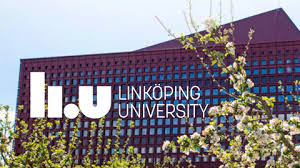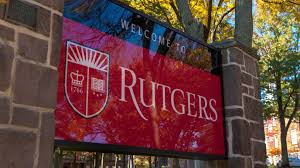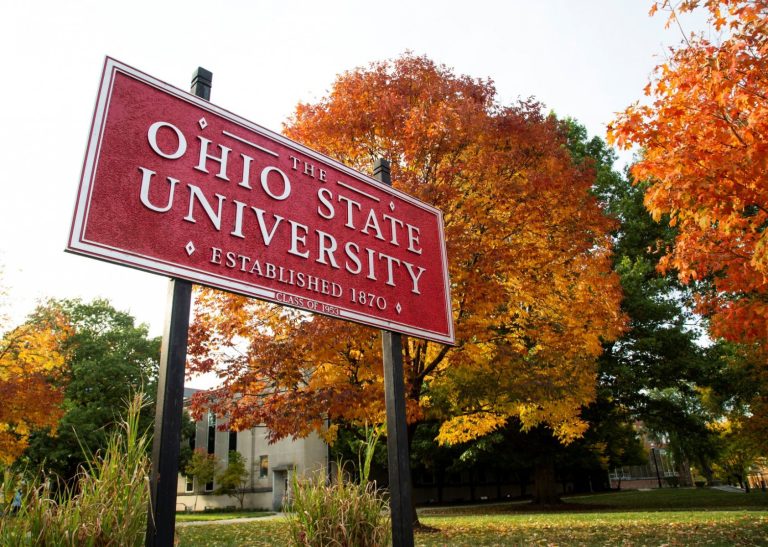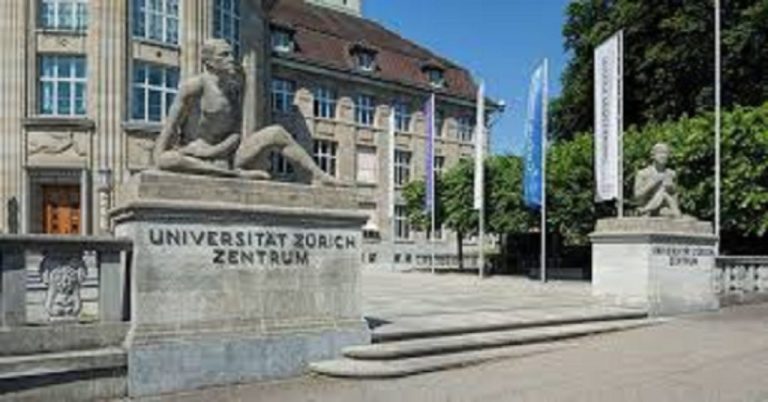
We are pleased to announce a PhD Student position in Applied Physics within the Organic Photonics and Nanooptics group at the Laboratory of Organic Electronics at Linköping University. The PhD student will join our ERC-funded project on dynamic organic optical metasurfaces, with prospective applications such as 3D video holograms and tuneable flat lenses.
Your workplace and research environment
The Laboratory of Organic Electronics (LOE, www.liu.se/LOE) is a vibrant, international and collaborative research environment of around 140 researchers. LOE is renowned for its world-leading research on organic electroactive materials, with applications ranging from bioelectronics to nanooptics. The working language is English.
At LOE, you will be part of the Organic photonics and Nanooptics group (www.mpjonsson.com), headed by Prof. Magnus Jonsson. Recent interests of the group include dynamic conducting polymer nanooptics, structural coloration and cellulose-based optics. Examples of application-areas include radiative cooling, dynamically tuneable metasurfaces, and reflective displays in color.
In terms of available facilities, we recently installed an electron-beam lithography system for this project (Raith Voyager 100). Other labs and equipment range from materials development (chemistry labs, polymerization setups, etc.) and fabrication (evaporation and sputtering, traditional and maskless photolithography, e-beam lithography, reactive ion etching, etc.) to characterization (SEM, AFM, ellipsometry, 4-point probe setups, cyclic voltammetry, spectroscopy in different spectral ranges, etc.) and device measurements in our optics labs (electrochemical microspectroscopy, metasurface characterization, integrating sphere measurements, etc.).
Your research direction and work assignments
The PhD student will join our ERC project focusing on dynamic optical nanoantennas and metasurfaces based on redox-tunable organic materials. In brief, the research will include fabrication and studies of different nanostructured materials, with the aim to contribute both with fundamental understanding and practical applications such as dynamic metalenses or holograms. The detailed project will be designed together with the selected PhD student. Examples of recent research from our group in this research direction:
– Duan et al. Advanced Materials 2023, 35, 51, 2303949
– Karki et al. Communications Materials 2022, 3, 48
– Karki et al. Advanced Materials 2022, 34, 13, 2107172
– Kang et al. Advanced Science 2022, 9, 23, 2201907
– Chen et al. Nature Nanotechnology 2020, 15, 35-40
The work of the PhD student will include development and characterization of materials, design and fabrication of samples and devices (including electron-beam lithography), and characterization and measurements of final devices. The experimental work is often complemented by optical simulations.
As a doctoral student, you devote most of your time to the doctoral studies and the research projects of which you are part. Your work may also include teaching or other departmental duties, up to a maximum of 20% of full-time.
Your qualifications
By the start date, you have graduated with a BSc or MSc (minimum 4 years, corresponding to 240 ECTS credits), at least 60 of which must be in advanced courses in physics, materials science or other relevant fields. Alternatively, you have gained essentially corresponding knowledge in another way.
We seek applicants with strong interest and preferably experience in nanooptics, optical metasurfaces and/or electrochemically tunable materials. Besides relevant course work, meritorious experience includes nanofabrication (e.g. electron-beam lithography) and microfabrication, relevant characterization and measurement methods, electrochemical redox-tuning and optical modeling.
We also value qualities such as strong ability to communicate and collaborate, good ability to express yourself and write in English, analytical ability, motivation and commitment. Great emphasis will be placed on personal qualities and suitability.
The employment
When taking up the post, you will be admitted to the program for doctoral studies. More information about the doctoral studies at each faculty is available at Doctoral studies at Linköping University
The employment has a duration of four years’ full-time equivalent. You will initially be employed for a period of one year. The employment will subsequently be renewed for periods of maximum duration two years, depending on your progress through the study plan. The employment may be extended up to a maximum of five years, based on the amount of teaching and departmental duties you have carried out. Further extensions can be granted in special circumstances.
Starting date spring 2025 or by agreement.
Salary and employment benefits
The salary of PhD students is determined according to a locally negotiated salary progression.
The current starting salary is 33 900 SEK per month before tax. The salary then increases in steps after completing 30 % and 60% of the PhD degree program.
As an employee of Linköping University, you are entitled to the following benefits:
- Paid vacation (28 workdays per year, corresponding to 5 ½ weeks).
- Free access to the Swedish health-care system (full health-care coverage).
- Paid maternity / paternity leave (up to 390 days per child).
- Accrued pension. During your work-time in Sweden, you accrue income pension, paid by the employer, which is payable also if you leave Sweden.
- More information about employment benefits at Linköping University is available here.
Other benefits include:
- As a PhD student you get student discounts on many products and services (e.g., public transport).
- Other benefits are also available. A list can be found here.
Union representatives
Information about union representatives, see Help for applicants.
Application procedure
Apply for the position by clicking the “Apply” button below. Your application must reach Linköping University no later than February 27, 2025.
Applications and documents received after the date above will not be considered.
The application should be written in English and include:
- Cover letter (maximum 2 pages): The cover letter should describe what makes you interested in and suitable for this particular position and how you could contribute to our research and team.
- CV: The CV can be formatted according to your own design. It should include at least information on education (degrees including topics, schools/universities, years, and preferably average grades), possible publications (stating all information including full author lists), any other merits you feel are relevant (skills, awards, etc.), contact details to two reference persons and descriptions on how they know you.
- Undergraduate transcripts records (i.e. MSc, BSc or equivalent, in English), with grades.
We welcome applicants with different backgrounds, experiences and perspectives – diversity enriches our work and helps us grow. Preserving everybody’s equal value, rights and opportunities is a natural part of who we are. Read more about our work with: Equal opportunities.
We look forward to receiving your application!
Linköping university has framework agreements and wishes to decline direct contacts from staffing- and recruitment companies as well as vendors of job advertisements.
Contact persons
Magnus Jonsson
Professor and unit manager
+4611363403
Martina Klefbeck
HR partner
011-363166
URL to this page



